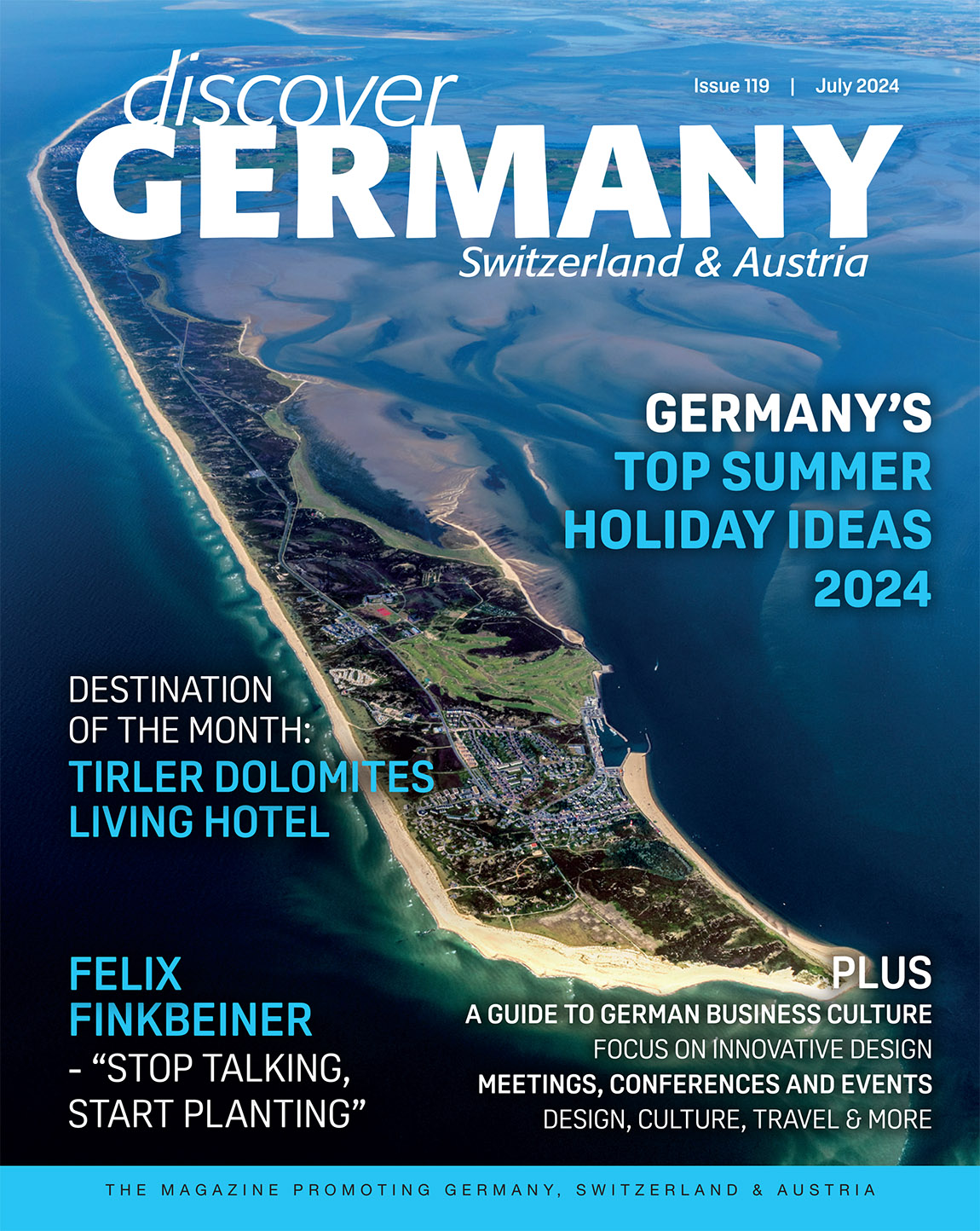German female names – trends and meanings explained
TEXT: CORNELIA BRELOWSKI | PHOTOS: UNSPLASH
The new estimates are out for 2024 – and as it turns out, the Top Ten list for German female names is a much-regarded source for parents-to-be.
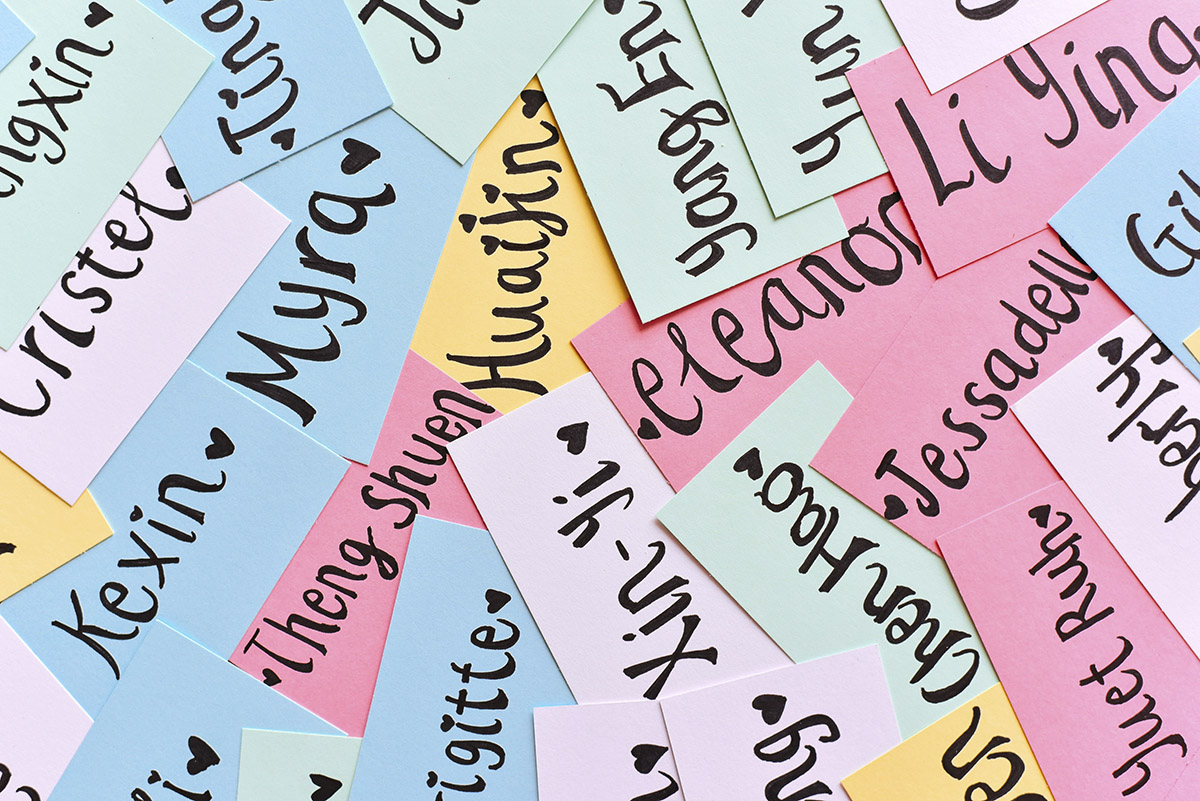
Gone are the days when people simply ticked off grandparents and parents one by one in the name of family tradition – literally. Today, everything is possible and this fact seems plainly more confusing to prospering parents than deciding on, say, where to raise their family (city or countryside? At home or abroad?).
As much as being influenced by history and tradition, baby names also follow popular cultural phenomena, or even political developments: For example, first-hour refugees of 2015/16 in Germany were known to name their first German-born baby girl ‘Angela’, as a tribute to Mrs Merkel. Whatever outside inspiration, young couples keep an eye on new or recent favourites for orientation and may choose from those intuitively. Let’s take an in-depth look at the top positions estimated for 2024.
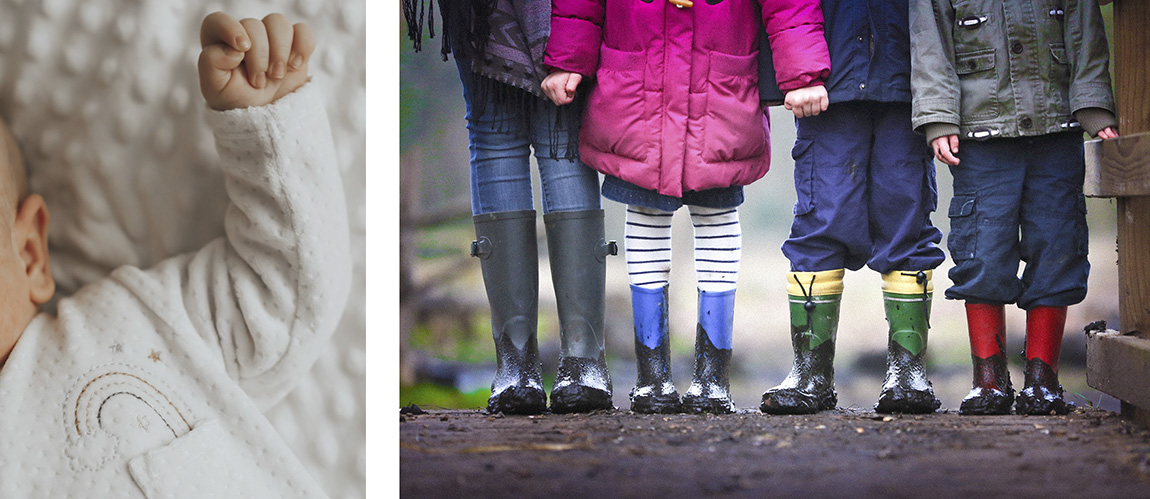
Turns out that for baby girls, the trend for German female names has remained pretty solid regarding number one on the list: ‘Emilia’ seems to become a keeper – it has been leading before and is again top of the (estimated) list for 2024. Now here is a little riddle for amateur sociologists: Why would a name like that, rather old-fashioned and also not German in origin be such a magnet for parents of our times? The answer is comparatively simple: Game of Thrones.

The popular series features the equally popular Emilia Clarke – and there you are. Not only is the actress herself known as openhearted, outspoken and philanthropic, but so is her character Daenerys. The female lead is described as emphatic and social, gradually growing into her power from being shy and introverted to outspoken and self-confident. Who wouldn’t want that to happen for their own little baby girl?
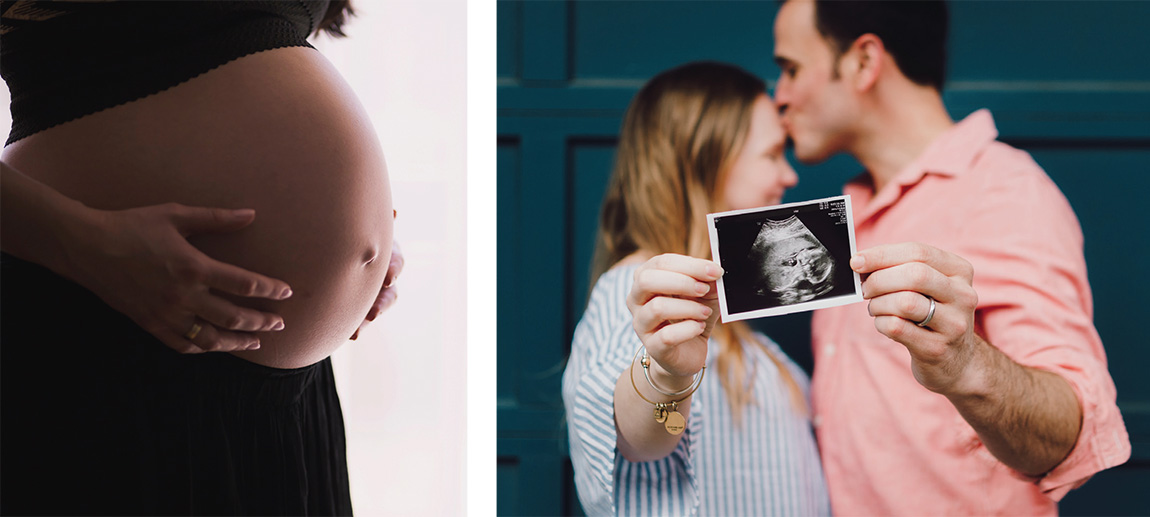
Apart from topping the 2024 estimates for German female names, the ‘Emilia’ trend also encompasses the UK, Austria, Poland, Iceland and Finland as well as Chile, according to thebump.com. In addition to the obvious link to popular culture, another source may well be influencing the choice for German parents: Astrid Anna Emilia Lindgren, the author of Pippi Longstocking and other treasured children’s books still stands for positive childhood memories throughout the country.
Historically, ‘Emilia’ is a variant for the old Roman family name ‘Aemilia’, borne by a patrician family of senators, consuls and poets which in 253 even generated the Emperor Aemilius Aemilianus. So far, so good. The Latin word ‘aemulus’ stands for emulating and therefore the name Emilia is usually connected with eagerness, diligence and fervour – characteristics surprisingly humble and traditional, regarding the fact that we are still living in a post #MeToo era with a newly kindled feminism and gender awareness through to a whole new vocabulary. However, the Game of Thrones character adds a new, endorsing factor of strong female power to the mix.
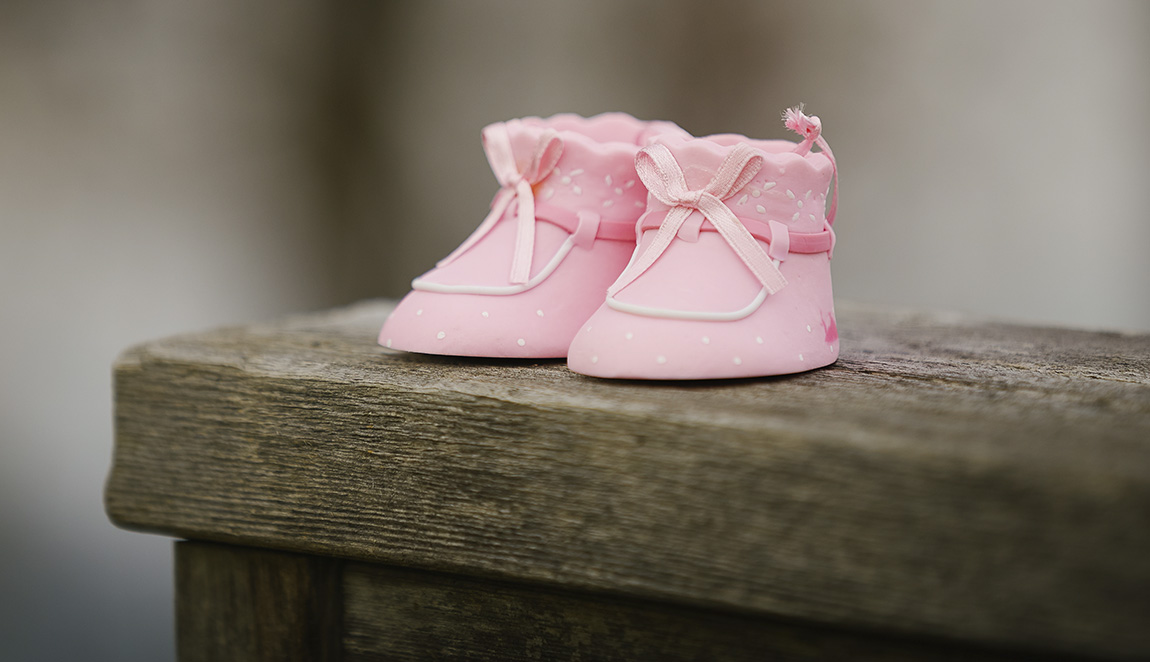
Traditional baby girl names have been trending for decades now in Germany, and since 1989, the trend in the former GDR has followed suit. Before the wall came down, it was fashionable in the GDR to afford children the most exotic names – thus making up for the travel restrictions that average citizens had to face. French names trended as well as American ones – from Chantal and Jaqueline through to Mandy and Peggy.
But also in the West, people were much more experimental in the past. Just think of the name ‘Nena’ which became known with the popular West-Berlin born artist and had simply not existed before in Germany. The 99 air balloons singer’s real name is Gabriele Susanne Kerner – she had simply been called ‘nena = little girl’ on holiday in Spain as a kid, and the Spanish nickname stuck and later became her star label. German parents followed suit.
Back to current trends. The 2024 estimation not only shows that Emilia defends the top position. Former popular choices of Lina, Lea and Leni have been left in favour of Lia, Lilly and Emily (obviously a mere variation of number one). New favorites meanwhile are Emma and Ella.
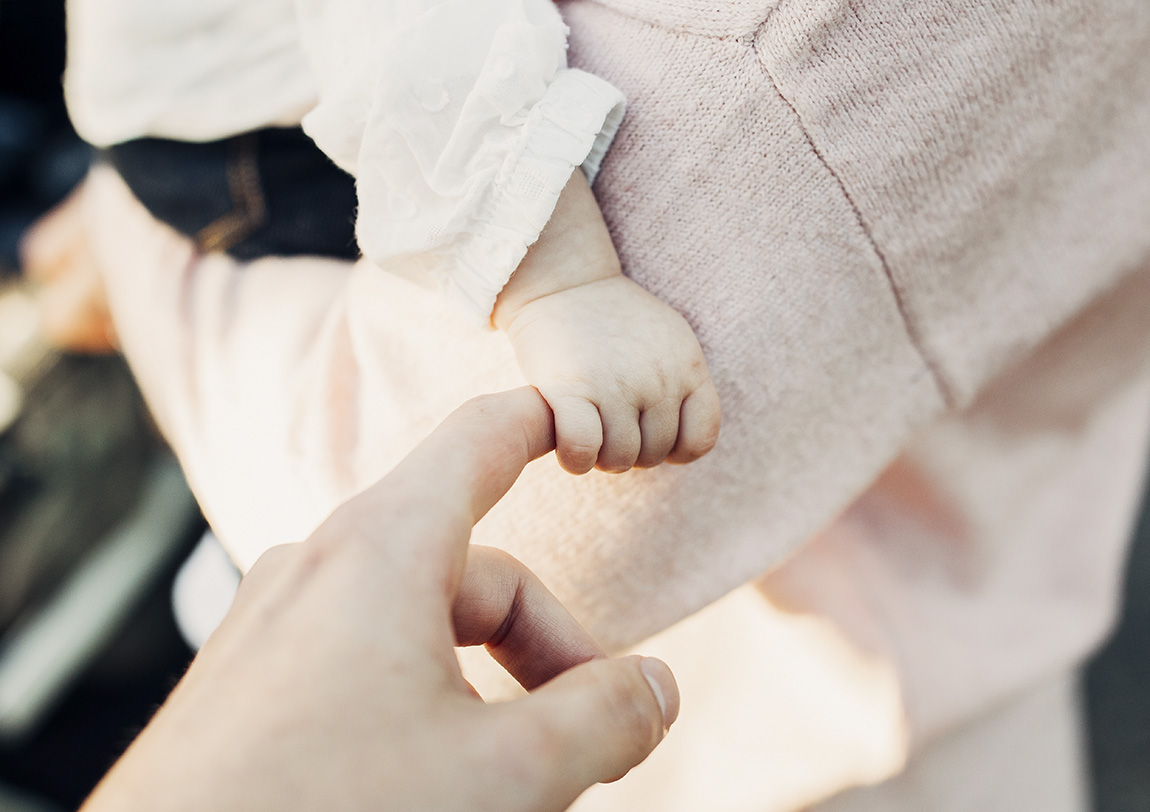
2024 estimates: Top Ten German Female Names
(source: @knudbielefeld, www.eltern.de)
Emilia: diligent, eager, laborious
Emma: the great, godlike, the all-encompassing one
Hannah: gracious, graceful, charming
Lia: the lioness, the leader, the eager one
Ella: sun-like, radiating, beautiful
Mia: god-given, rebellious, beloved
Sophia: virtuous, wise
Lilly: filled with god, the most beautiful night
Emily: diligent, gentle
Mila: pleasant, lovely, bearer of peace
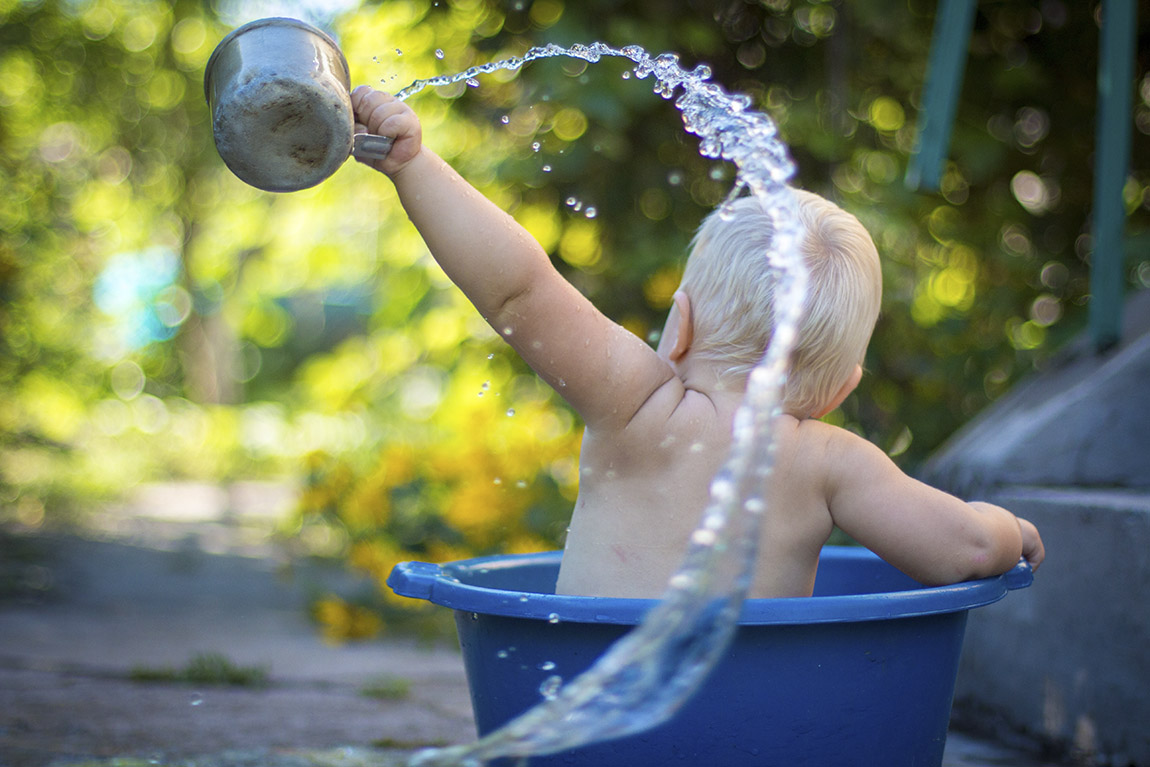
Having discussed ‘Emilia’ in detail as the estimated number one tip for German female names, let’s now take a closer look at the runners-up: ‘Emma’ is a name so newly popular in this country that people have recently started giving it to their pets. Unlike Emilia, ‘Emma’ is a historical, old-German name that stands for ‘sublime’ (hailing from the Germanic word ‘ermana’) and has been known since pre-medieval times.
In Germany, this name was especially common during the 19th century and beginning of the 20th, which makes it both old school and solid. Indeed, for a while it was so ubiquitous a name in German culture, that the poet Christian Morgenstern rhymed in the early 1900s: “All seagulls look as though their name were Emma.” There is also the common term ‘Tante-Emma-Laden’, a synonym for the kind of corner shop that has everything.
As a kid, I actually pictured a person named Emma standing there, kindly doling out sweets, milk and cigarettes. These associations may hardly make for an incentive to name your baby after in 2024, so let’s again take a quick detour to contemporary popular culture: Today’s young parents have grown up in the Harry Potter era. Still one of the most franchised children’s book series after 25 years, it was famously made into a film series with a whole truckload of brilliant actors young and old – among them the quickly rising star Emma Watson as Hermione. Known for her active interest in women’s rights as well as her remarkable career, we cannot blame anyone for naming their baby after her.

Gracious leaders also come to mind looking at number three of the estimates: Just like ‘Emma’, ‘Hannah’ counts as a rather old-fashioned name, the original German version Hanna having of late been neglected in favour of the English spelling. But even given the additional ‘h’ at the end, the trend to roots and history are not lacking here either. As a former number one in 2007/08, Hannah has stayed on the top ten list for years now, never losing popularity. Both Hannah and Hanna are said to be rooted in the Hebrew name ‘Channa’, the blessed and compassionate, gracious and merciful one.
Let’s end with number four, ‘Lia’ the lioness. No need to go into detail here – just one thing to add regarding powerful German female names. From diligent, emphatic to gracious leading qualities, we can rest assured that the future of womanhood in Germany is – according to parental preferences – in very good hands.

Subscribe to Our Newsletter
Receive our monthly newsletter by email




